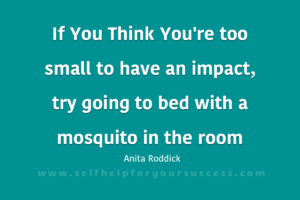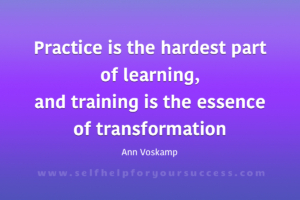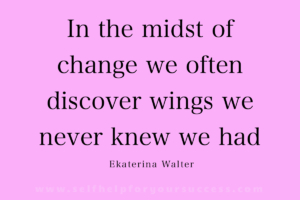Dyslexia is not a disease!
So many people see dyslexia as a disadvantage, why is that?
The reason is that they don’t fit into the perceived “normal” tick box in our education systems. In the past, and even now in some cases, the education system has just simply not understood why and how a dyslexic child learns and processes information.
Because dyslexic children found it either impossible, or really difficult, to learn in the same way other children do, they were labeled as either stupid or lazy. We now realize that such a view is simply ignorance. They don’t need to be cured it’s not a disease, as some people still believe; they just think differently.
I’m dyslexic, and understand all too clearly how it felt. When I was at school, my parents were told I was bright but very lazy, not applying myself. I knew this wasn’t true, as I worked really hard trying to learn. So I thought I must be stupid. I didn’t discover I had dyslexia until I was 40, as a mature student in my second year at University. It was like a great weight had lifted from my shoulders.
It was a really emotional experience; finding out, for the first time, that I wasn’t stupid or lazy. My brain just processed information in a different way. Imagine if you can’t do something: like sing, draw or dance; and you’re told you must be stupid, because you can’t do these simple things. How do you think that would make you feel?
Would it mean that, just because you didn’t have these skills, then you wouldn’t amount to much. What would that do to your self-esteem and confidence?
Hopefully, we’ve now moved on from this perception, and use different methods of educating dyslexic children. Now they can reach their full potential, and feel valued and confident about themselves.
Even so many people, outside the education system, still persist in seeing being dyslexic as a disadvantage. This is because they only focus on the problems that dyslexics have in learning:
- Reading
- Writing
- Maths
- Working memory
Employers and work colleagues often assume that dyslexics will have trouble doing their job. There’s still a lack of understanding about the surprising benefits of being a dyslexic. Society at large is still focussed only on their problems, not their strengths that they can bring to the world.
The positive strengths dyslexics have
Their are a lot of benefits to being dyslexic; they tend to be more creative. They very often think way outside of the box, and generally see the bigger picture. Dyslexics usually have far more empathy for others who are disadvantaged by negative attitudes in society. Maybe that’s because they may have suffered themselves from how others see and judge them.
Lots of research has shown the many benefits of dyslexia
“The gift of dyslexia is truly the gift of mastery. A dyslexic person can master things faster than the ordinary person can even understand them” Ronald D Davis
“You need dyslexics around; they really change our view of the things” Professor John Stein, a Professor of Neuroscience at Oxford University
“Millions of individuals with dyslexia are good at what they do, not in spite of their dyslexic processing differences, but because of them” Brock l. Eide, MD., MA and Fernette F. Eide, MD, from their book The Dyslexic Advantage
Some famous dyslexics:
- Albert Einstein
- Richard Branson
- Leonardo da Vinci
- Winston Churchill
- Hans Christian Andersen
As you can see, dyslexics have a lot to offer.
Instead of being a disadvantage, the dyslexic way of thinking should be seen as a real advantage, not just to them but to society. Let’s hope society at large can look upon dyslexics in a better light from now on. How about you?
Susan J McCann,




Really beautiful video where I feel already like a winner with a child with dyslexic
I stay in India I love to creat more awareness for people and cannot wait to see my son being World number one person
Thanks for your comment. Being dyslexic has it’s drawbacks, however the benefits of thinking differently far out way any difficulties. The video shows us all how dyslexics can and do contribute greatly to our world. I see being dyslexic as a gift rather than a drawback. Your son should feel like the winner he is, especially having such a supportive parent who believes in him.
Thanks a lot, many of my doubts concerning dyslexic has been clarified. Am so grateful